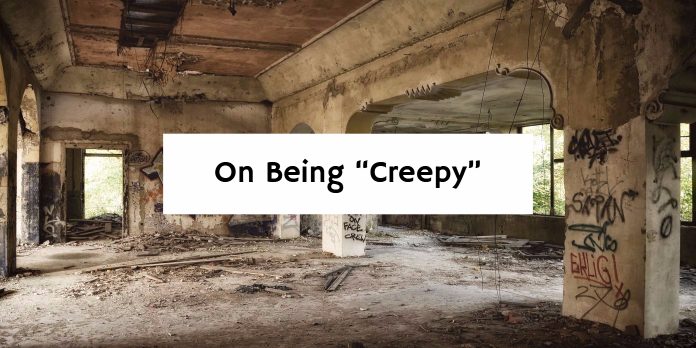In a recent column published in the magazine The New Republic, Leon Wieseltier criticized President Obama for the kind of language the president uses when he discusses Islam. Wieseltier makes no secret of his own commitment to a secularist outlook when he refers to “Obama’s creepy habit of addressing Muslims in religious terms.” What Mr. Obama’s rhetoric fails to recognize, says Wieseltier, is that the main conflict relating to Islam these days is not one between the Muslim religion and the rest of society. Rather it is the battle within Islam, between those who focus exclusively on religious categories and those who are working toward the “secularization” of Muslim life. And Wieseltier is not subtle in telling us which segment of contemporary Islam he finds “creepy.”
My guess is that Mr. Wieseltier would also find me and many of my fellow evangelicals to be creepy. Like Muslims of deep conviction, we oppose much that is associated with the idea of “secularization” in the mind of someone like Leon Wieseltier. It is important to say right off, though, that there are key elements of the process of secularization that we ought to affirm. Where things go wrong is when secular-ization, however, becomes secular-ism, especially in the attempt to consign religion to a purely “private” realm, one where religious beliefs and values have no legitimate place in dealing with public matters. Thus, the legitimate advocacy of “the separation of church and state” is transformed into the misguided insistence on the separation of religion and public life. And here is where many of us as evangelicals want to join our Muslim friends in protesting that kind of confusion.
Ian Buruma recognizes this commonality in his recent book, Taming the Gods: Religion and Democracy on Three Continents. In discussing the hostility that many in Europe worry about in experiencing the growth of Muslim communities in their midst, he sees that opposition as having much to do with the way in which the Muslim presence is seen as a significant force for resisting the secularization of life in the West. And then he makes special mention of evangelicalism: the evangelical movement in North America, he says, has much in common on this score with Muslims in Europe.
Like our Muslim counterparts, our religious beliefs are for each of our communities matters of deep conviction. And each of our communities worries much about the ways in which many of the dominant patterns of the larger culture—especially the larger culture of the West—pose a serious threat to the maintenance of these deep convictions.
The huge challenge that we evangelicals face these days in this regard, then, is how do we live out our faith in a pluralistic society in which we acknowledge the rights of our fellow citizens—people whose values, beliefs and lifestyles we often strongly disagree with—to acknowledge nonetheless their rights to enjoy the same freedoms that we claim for ourselves? And this is a topic about which Muslims and evangelicals have much to discuss together.
1 Comment »
- […] On Being “Creepy” The huge challenge that we evangelicals face these days in this regard, then, is how do we live out our faith in a pluralistic society in which we acknowledge the rights of our fellow citizens—people whose values, beliefs and lifestyles we often strongly disagree with—to acknowledge nonetheless their rights enjoy the same freedoms that we claim for ourselves? […]
Pingback by Treading Grain » Post Topic » Around The Horn – 5.27.10 — May 27, 2010 @ 4:02 am






























